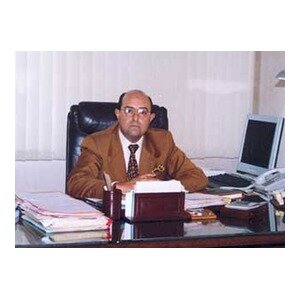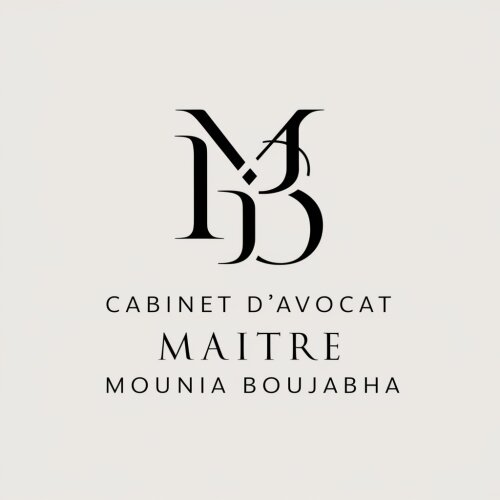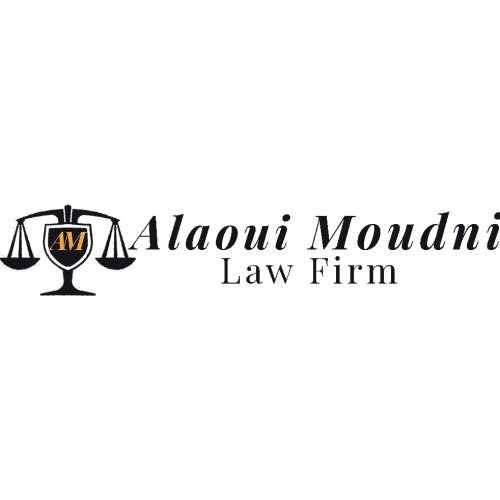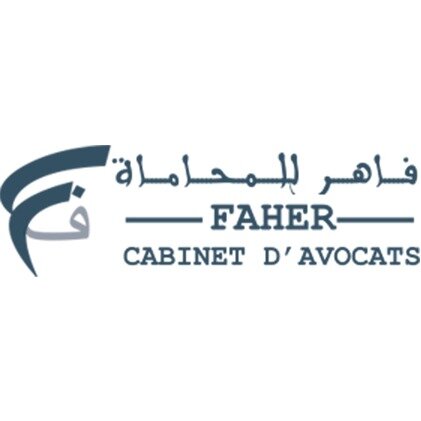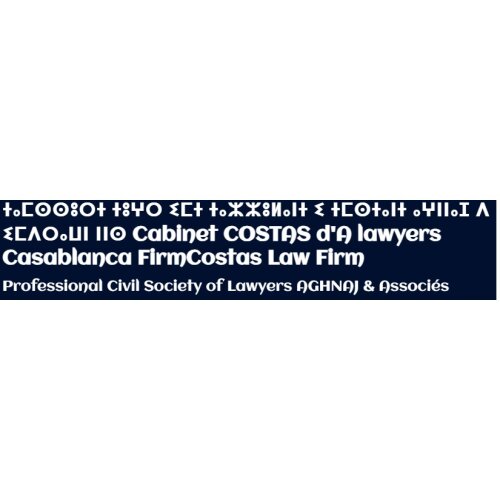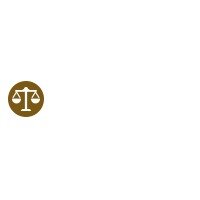Best Civil Rights Lawyers in Morocco
Share your needs with us, get contacted by law firms.
Free. Takes 2 min.
Or refine your search by selecting a city:
List of the best lawyers in Morocco
About Civil Rights Law in Morocco
Civil rights in Morocco are protected under various legal frameworks, including the Constitution, which guarantees fundamental human rights to its citizens. Morocco has made considerable progress in recent years to strengthen these rights, reflecting their commitment to human rights conventions and reforms. However, challenges persist in the enforcement and protection of rights such as freedom of expression, assembly, and gender equality. Civil rights remain a critical area where legal intervention may be necessary to ensure justice and fair treatment.
Why You May Need a Lawyer
Legal assistance is often required when facing violations of civil rights, which can occur in various situations. These may include discrimination in the workplace, unlawful detention, restrictions on freedom of speech or assembly, and violations of privacy. Additionally, individuals may seek legal advice when they encounter challenges in accessing public services or when their rights to education or healthcare are compromised. A civil rights lawyer can provide the necessary legal support to address these issues and help secure your rights.
Local Laws Overview
Moroccan civil rights law is influenced by its Constitution, which enshrines basic rights and freedoms. Key legal aspects include the right to equality and non-discrimination on various grounds, such as ethnicity, gender, and religion. The labor code addresses labor rights, promoting equality and fair labor practices. Additionally, the Family Code or 'Moudawana' governs family-related civil rights, and reforms have been enacted to promote gender equality. However, enforcement can be inconsistent, and some societal norms may pose challenges to the protection of civil rights.
Frequently Asked Questions
What are my rights if I experience racial discrimination in Morocco?
Morocco's Constitution and laws prohibit discrimination based on race. If you experience racial discrimination, you can file a complaint with authorities and seek legal recourse through the justice system.
Can I freely express my opinions in Morocco?
The constitution provides for freedom of expression, but there are restrictions in practice. Topics threatening national security or perceived as defamation can lead to legal ramifications.
What legal rights do women have in Morocco?
Women have specific rights under the Family Code, including rights related to marriage, divorce, and custody. Recent reforms aim to promote gender equality, but challenges remain in some societal practices.
How are religious freedoms protected?
Moroccan law guarantees freedom of religion. However, proselytizing to Muslims by non-Muslims is restricted, and certain religious practices may face limitations. Legal advice can clarify your situation.
What constitutes unlawful detention, and what can I do if detained?
Detention without just cause or due process is unlawful. If detained, seek legal counsel immediately to understand your rights and the legitimacy of the detention.
How can I address an issue of discrimination at work?
You can file a complaint with the Labor Inspectorate or seek legal assistance to address discrimination claims, using the protections outlined in the labor code.
What steps can I take if my right to assemble is restricted?
Permits are required for public assembly. If your right to assemble is unfairly restricted, legal advice can help challenge the decision or seek necessary permits.
How is personal data protected under Moroccan law?
The law protects personal data, and you have the right to know how your data is used. Complaints related to data misuse can be filed with the Moroccan Data Protection Authority.
What are my rights when interacting with police or security forces?
Moroccan law outlines rights when interacting with police, including the right to be informed of charges and to legal representation. It's crucial to know these rights and contact a lawyer if necessary.
How can I advocate for systemic change in civil rights issues?
Engagement with civil society organizations and legal advocacy groups is a key avenue. Legal advice can guide effective strategies for advocacy and reform.
Additional Resources
Several resources can assist individuals seeking legal advice in civil rights:
- The National Human Rights Council (CNDH) offers support and information on rights issues.
- Local NGOs, such as the Moroccan Association for Human Rights, provide advocacy and resources.
- The Ministry of Justice can be engaged for formal legal advice and processes.
- Consulting with specialized lawyers in civil rights is vital to navigate the legal landscape effectively.
Next Steps
If you require legal assistance in civil rights, consider the following steps:
- Identify the specific legal issue you are facing and gather any relevant documentation.
- Contact a lawyer specializing in civil rights to discuss your situation and legal options.
- Utilize local resources, such as human rights organizations, for additional guidance and support.
- File any necessary complaints through official channels, such as labor or human rights bodies, if applicable.
- Engage in legal action if recommended by your lawyer, aiming to resolve the violation of your rights.
Lawzana helps you find the best lawyers and law firms in Morocco through a curated and pre-screened list of qualified legal professionals. Our platform offers rankings and detailed profiles of attorneys and law firms, allowing you to compare based on practice areas, including Civil Rights, experience, and client feedback.
Each profile includes a description of the firm's areas of practice, client reviews, team members and partners, year of establishment, spoken languages, office locations, contact information, social media presence, and any published articles or resources. Most firms on our platform speak English and are experienced in both local and international legal matters.
Get a quote from top-rated law firms in Morocco — quickly, securely, and without unnecessary hassle.
Disclaimer:
The information provided on this page is for general informational purposes only and does not constitute legal advice. While we strive to ensure the accuracy and relevance of the content, legal information may change over time, and interpretations of the law can vary. You should always consult with a qualified legal professional for advice specific to your situation.
We disclaim all liability for actions taken or not taken based on the content of this page. If you believe any information is incorrect or outdated, please contact us, and we will review and update it where appropriate.
Browse civil rights law firms by city in Morocco
Refine your search by selecting a city.




